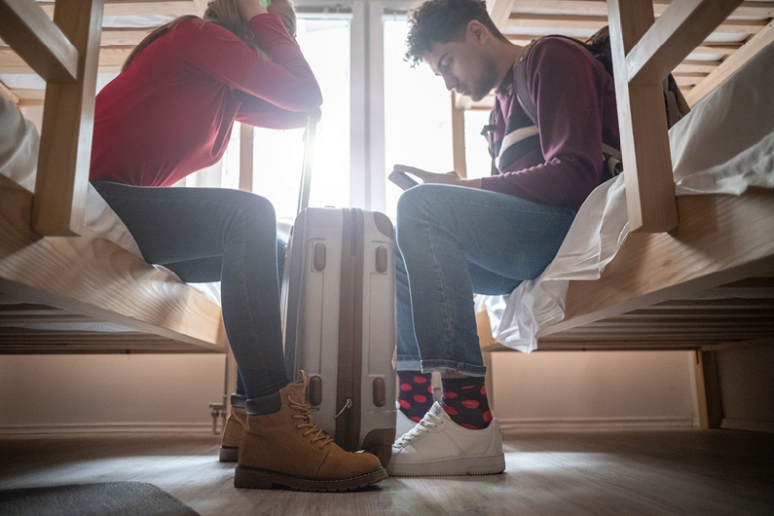In the past three months, at least nine Americans have mysteriously died while visiting the Dominican Republic. While the cause is still unclear, it does beg the question: Are there any legal ramifications if you or a family member are injured or killed while traveling abroad?
Vacation is something that we all look forward to. It’s a time for relaxation, to see the sights, or have some fun in the sun. However, paradise isn’t always trouble-free. Injuries and accidents can still occur and some can be serious or even deadly. Read on to learn more about death or personal injury abroad and when to consult an experienced attorney.
Do you have recourse?
As is the case with most legal matters, the short answer, as attorney Andrew Needle of Needle & Ellenberg, P.A. states, “It depends.” These situations are highly dependent on the facts of the case. It must be established what caused the injury or death. Where did the death occur? Who, if anyone, is responsible for the injury or death? Was a waiver signed and does the determined cause of death or injury fall within its perimeters?
If the cause of the injury or death can be deemed as a negligent act, a suit can be filed. Lawsuits can be filed in the U.S. as long as a reasonable minimum contacts claim exists to bring the accused party within U.S. jurisdiction. This is easier to establish if the suit is against a foreign corporation, such as a resort or a hotel, as opposed to an individual.
In the instance of an individual’s negligence in a case stemming from a trip abroad, it would, most likely, be exceedingly difficult to establish the minimum connection between them and the U.S. This is because corporations generally have more global connections than the average individual, making it easier to demonstrate why it’s fair play to assert American jurisdiction in appropriate cases. If the corporation operates within the U.S., establishing jurisdiction within the U.S. court system is even easier. However, even if there are grounds for U.S. jurisdiction the corporation may try tactics to get the suit dismissed, such as a foreign company stating that defending a lawsuit in the U.S. is inconvenient.
This argument can be negated if the corporation deals with tourism and travel: they have shown their ability to take people abroad and willingly opted to have contact with the U.S. This would show that they are within the jurisdiction of U.S. law and implies that they have the means of dealing with litigation within the U.S.
What laws will protect you?
After U.S. jurisdiction is established the next hurdle is to determine what law will apply. Because the incident occurred on foreign soil, it is possible that foreign laws will be applied to the case instead of U.S. law, even within a U.S. Court. This is called, “choice of law rules,” says Needle, “In Florida, the biggest interest in the case will determine the law used.” This means that if an accident occurred on a Caribbean island and their domestic laws prevent an American person from maintaining their suit, Florida law would be applied.
From a legal standpoint, if an injury or death were to occur abroad and you were to pursue a lawsuit, “The best-case scenario is an American corporate property, the deceased was American, and American Law is applied,” states Needle. This would leave little room, if any, regarding where the suit should be filed and what laws should apply.
How to seek legal help
While everyone hopes to avoid accidents, you should be prepared. “Everybody should buy travel insurance,” says Needle, “American insurance will not cover you abroad.” Travel insurance is generally inexpensive and there are a variety of options. If an accident/injury does occur make sure to get a copy of the police report, any medical records, and transfer documents. These will be necessary to file a claim.
In the event of a death or emergency aboard, contact the nearest U.S. embassy or consulate for a valuable source of help and guidance as the crisis unfolds. They can contact family members, help obtain appropriate medical care, assist with returning to the U.S., and provide a list of local attorneys. However, the consulate does have its limits and cannot investigate incidents, provide legal advice, or pay for various expenses you may incur due to an accident or death. Nevertheless, they are a good advocate, so before traveling make sure to have this information available.
 By Jill Conner,
By Jill Conner, 

